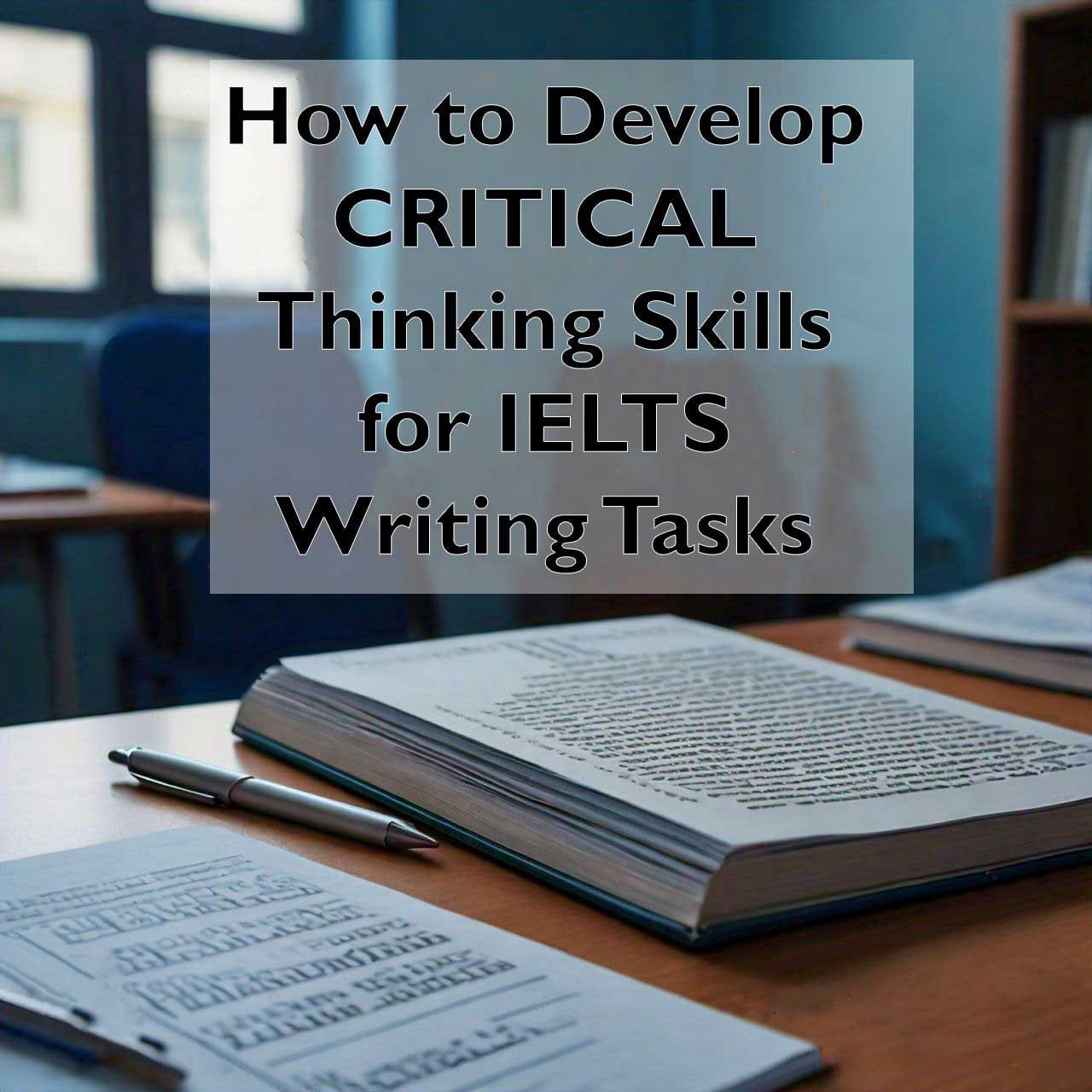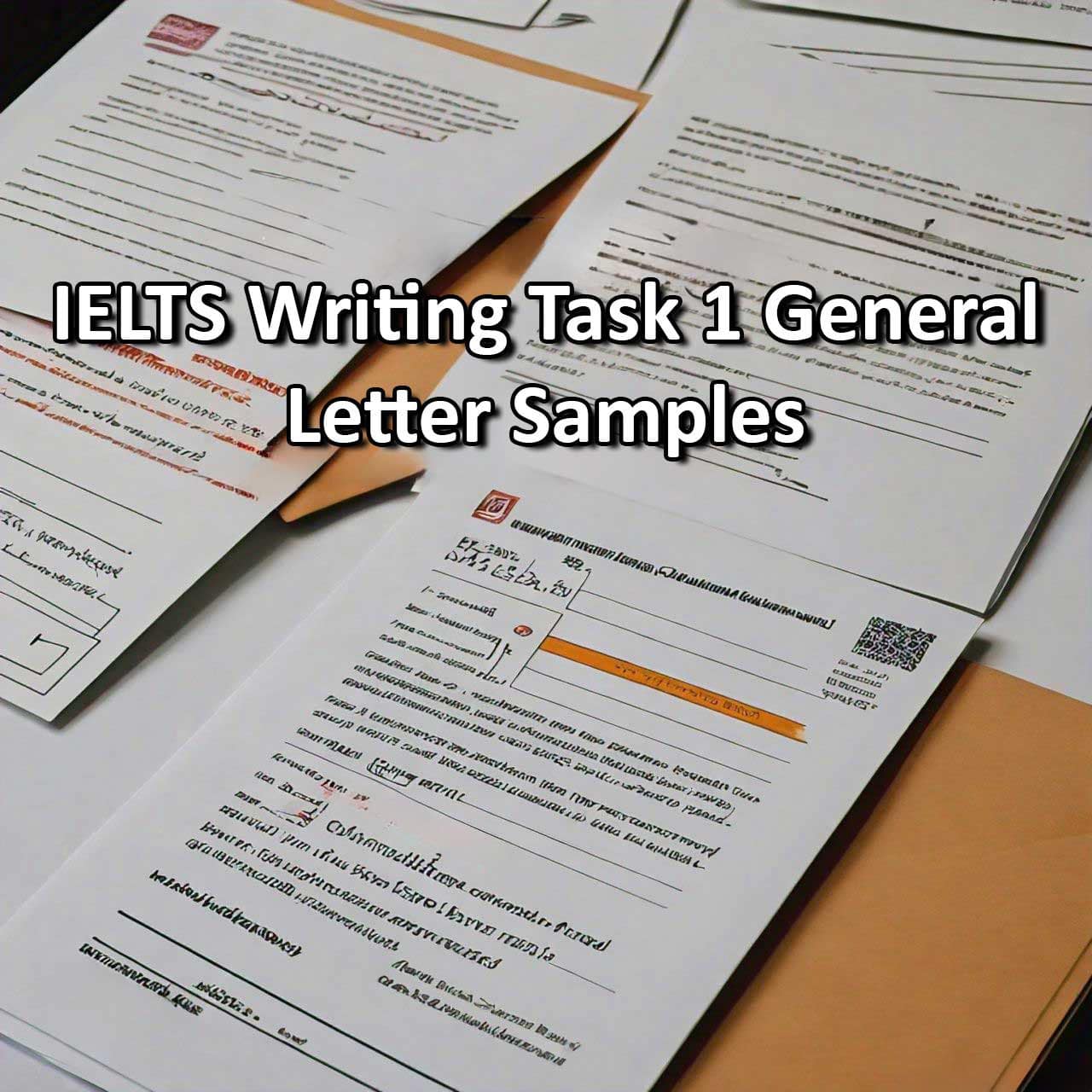In the realm of the IELTS (International English Language Testing System) exam, the ability to think critically is not just a valuable asset—it’s a prerequisite for success, particularly in the Writing section. Developing critical thinking skills allows you to analyze, evaluate, and synthesize information effectively, enabling you to craft well-reasoned arguments and articulate ideas with clarity and coherence. In this blog post, we’ll delve into strategies for cultivating critical thinking skills specifically tailored to excel in IELTS Writing tasks.
Understanding Critical Thinking in IELTS Writing
Critical thinking involves the active and systematic evaluation of information, ideas, and arguments, with a focus on clarity, logic, and evidence. In the context of IELTS Writing tasks, critical thinking skills are essential for:
– Interpreting Essay Prompts: Analyzing essay prompts to understand the requirements, identify key themes, and formulate a coherent response.
– Generating Ideas: Generating relevant and compelling ideas, arguments, and examples to support your thesis statement or position.
– Evaluating Information: Assessing the credibility, relevance, and reliability of sources and evidence presented in the task.
– Organizing Arguments: Structuring your essay with logical coherence, ensuring that arguments are presented in a clear, systematic manner.
Strategies for Developing Critical Thinking Skills
1. Engage with Diverse Perspectives:
– Expand your exposure to diverse viewpoints, perspectives, and opinions on a wide range of topics. This can be achieved through reading reputable sources, listening to podcasts, or participating in discussions and debates.
2. Question Assumptions and Biases:
– Challenge assumptions, stereotypes, and biases by questioning the underlying logic and evidence behind them. Develop a habit of critically evaluating information rather than accepting it at face value.
3. Practice Analytical Reading:
– Develop your analytical reading skills by actively engaging with texts, identifying main ideas, arguments, and supporting evidence, and evaluating their relevance and validity.
4. Analyze Sample Essays:
– Analyze sample essays written by proficient writers to identify the structure, organization, and language used to present arguments effectively. Pay attention to how evidence is integrated, counterarguments are addressed, and conclusions are drawn.
5. Develop a Thesis Statement:
– Practice formulating clear, concise thesis statements that articulate your main argument or position on a given topic. Your thesis statement should be specific, debatable, and supported by evidence.
6. Use Evidence and Examples:
– Support your arguments with relevant evidence, examples, and anecdotes that illustrate your points and lend credibility to your arguments. Ensure that your evidence is accurate, credible, and logically connected to your thesis.
7. Anticipate Counterarguments:
– Anticipate potential counterarguments or objections to your thesis and address them in your essay. Acknowledging opposing viewpoints demonstrates critical thinking and strengthens your argument by preemptively addressing potential objections.
8. Reflect on Feedback:
– Solicit feedback on your writing from peers, teachers, or tutors, and reflect critically on their comments and suggestions. Use feedback as an opportunity to identify areas for improvement and refine your critical thinking skills.
Conclusion
Developing critical thinking skills is essential for excelling in IELTS Writing tasks, enabling you to analyze complex issues, evaluate evidence, and construct compelling arguments effectively. By engaging with diverse perspectives, questioning assumptions, practicing analytical reading, analyzing sample essays, developing clear thesis statements, using evidence and examples, anticipating counterarguments, and reflecting on feedback, you can cultivate the critical thinking skills necessary to succeed on the exam. Remember, critical thinking is a skill that can be developed and honed over time with practice and dedication. So, embrace the challenge, engage with the content critically, and watch as your writing skills evolve and flourish.



